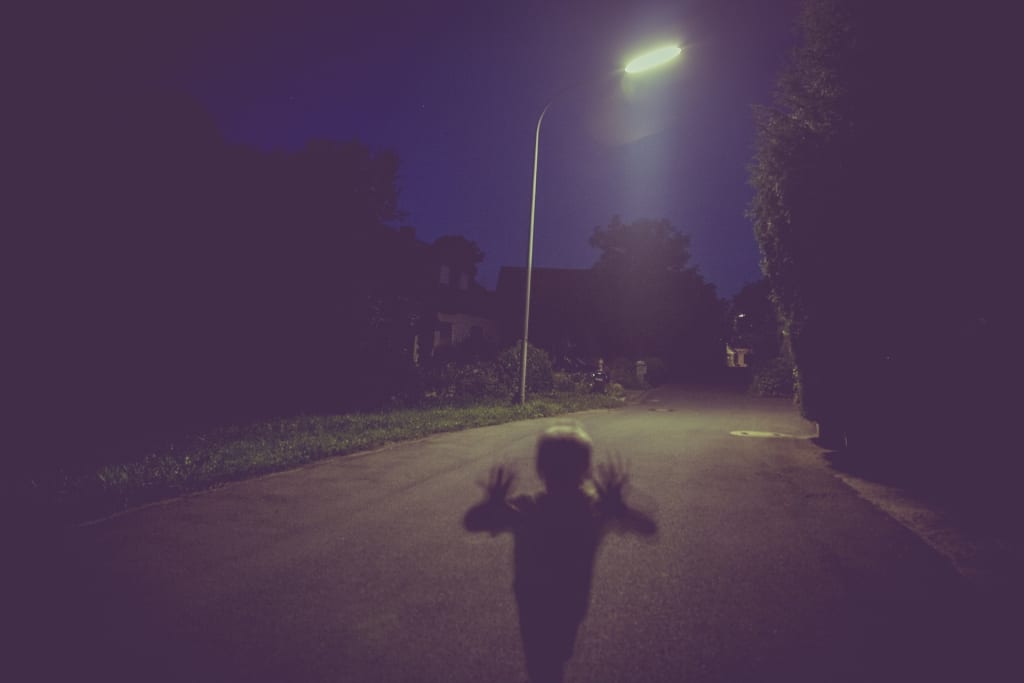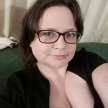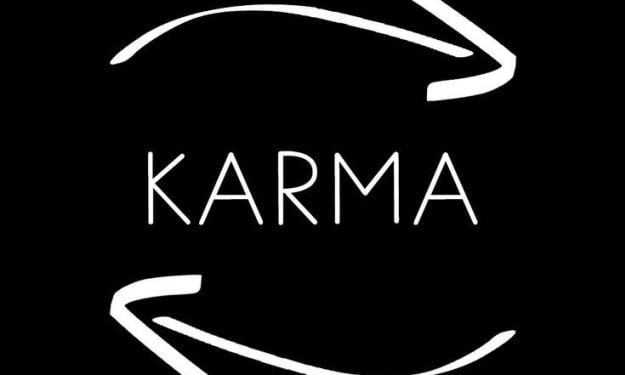Identifying with the Monster
Mental Illness, Queerness, and Horror

I knew I didn't fit from a very young age.
Later, therapists would tell me I'd suffered from mental illness since childhood, that the way I left my body to live inside my own imagination was a clear sign of a hurting and unhappy child. Perhaps the other children (and even some adults) picked up on that, or perhaps they could smell the queerness on me like fresh blood, but whatever it was, the result was the same.
I was outcast, unwanted, rejected.
Like a lot of lonely children, I took refuge in fiction. In my case, I fell in love with fantasy and horror.
With fantasy, I identified with the heroes, especially in the genre known as Portal Fantasy, where similarly out of place children and adults vanished in another world where they were special and important and did wonderful things.
But when I read or watched horror, it wasn't the main characters I understood. So often they were everymen and women, the sort of safely, complacently sane and straight people I could never, ever be.
I found myself in the slashers, in the ghosts and vampires and werewolves who haunted, tormented, and ripped their way through those ordinary folks; who expressed their pain and rage on the world in ways that couldn't be ignored or dismissed.
-
Horror, as a genre, has a real problem with difference, especially with anyone who is not straight, not cis, or worse still, neuroatypical or mentally ill.
So many of the villains and enemies we see are queer-coded, their rejection of gender norms and heterosexuality implied or outright stated to be what makes them threatening or evil. Think of Buffalo Bill, a grotesque caricature of a trans woman, murdering to "be a woman," or of every single male villain who flirts with or sexualises his male victims. Or hey, there is a fine literary and cinematic tradition of lesbians and bi women becoming dangerous, violent stalkers precisely because their sexual feelings for other women are so out of control and perverse.
The issues the genre has with mental illness is even more pervasive and unhealthy. I have lost count of the number of times conditions that in real life make their sufferers vulnerable and afraid are used to terrify an audience. Schizophrenia, DID, Borderline Personality Disorder, Bipolar Disorder and PTSD are just a few of the conditions taken and made scary to give people shivers in the night. It doesn't even need to be a mental illness—processing disorders like Autism are made threatening, too.
If mental illness isn't being used as a threat to scare the normal folk, it's so unbelievably and dangerously misrepresented. I remember a horror movie I watched where she wasn't really crazy, she was just repressing memories! Her medication was a bad, dangerous thing she needed to keep taking in order to protect herself.
I hope I don't need to tell you how wrong that is.
OK, yes, fine. It's all fiction; a bit of fun. But there's no such thing as just a story. The stories we tell reflect the things we think as a people and a society, and they reinforce those ideas and make them stronger and harder to shake.
As a young girl, the only people I saw who were like me were monsters and villains. And believe me, I understood them. I understood the anger and the fear and the grief that sparked their behaviour.
It became a vicious circle for me. If the only way I could be was a monster, then why not give into it? Why not be the thing people were scared of?
And despite all the problems that identification caused for me later, I think it had its value. I learned I was a monster, but I learned that, as a monster, I had power and agency. I might scare people, but that was something, wasn't it?
And the villain is never truly defeated. Smash them down, exorcise them, put them in prison—it doesn't matter. They come back and back and back. So there they are, the people like me—scary, hurting others in their anger, and never, ever leaving. Always stuck in that cycle of hurt, rage, kill.
I am 32 and still working out my feelings about how my Borderline Personality Disorder and bisexuality make me a disgusting monster unfit for society.
I took the idols I had and needed in a time where it was even less safe to be a girl like me. But I hope young queer and mentally ill people, now and in the future, can have heroes as well as villains.
And I hope we as a people can let go of the idea that difference is threatening and scary.
About the Creator
C. B. Blanchard
Queer, disabled writer of lots of stuff, including fantasy and horror fiction.






Comments
There are no comments for this story
Be the first to respond and start the conversation.